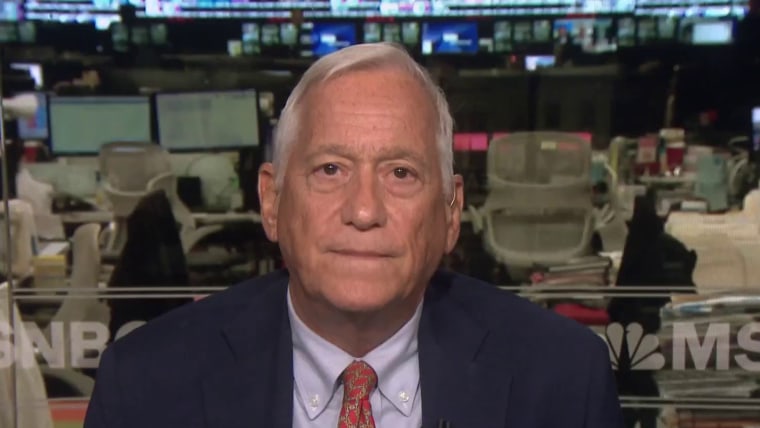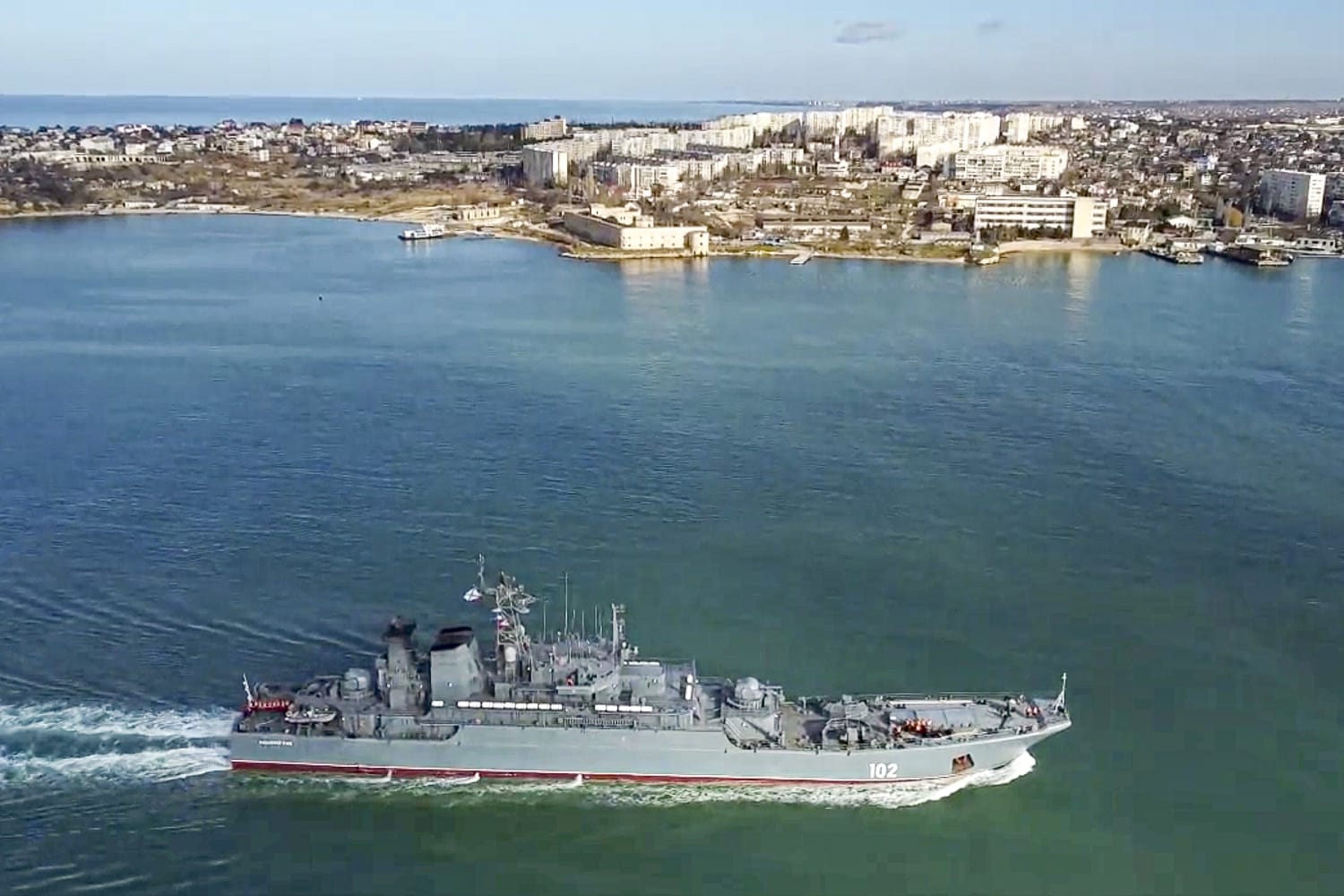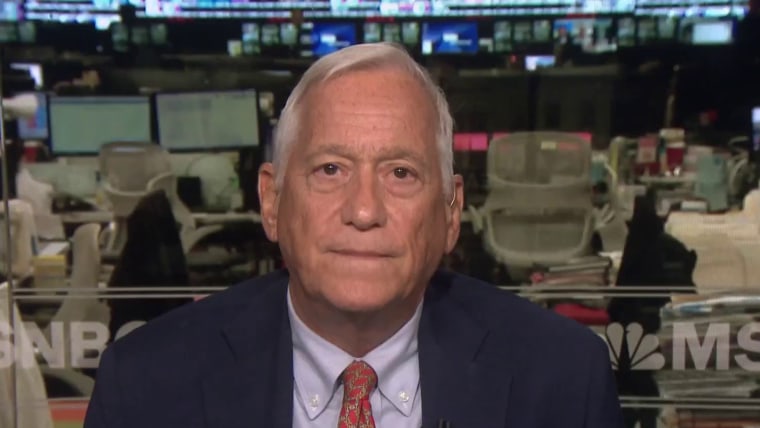Three Democratic members of the Senate Armed Services Committee are asking Defense Secretary Lloyd Austin for answers about whether Elon Musk or other commercial satellite providers disabled or restricted the Ukrainian military’s access to communication networks and whether the Defense Department has the authority to intervene.
The questions stem from reporting in journalist Walter Isaacson’s biography of Musk, who in addition to his roles at Tesla and the social media platform formerly known as Twitter is also the CEO of SpaceX, which operates the Starlink satellite system. Musk sent Starlink terminals to Ukraine last year after Russia’s invasion to enable Ukraine’s military to communicate digitally.
In his book, however, Isaacson reports that late last year Musk prevented the Ukrainian armed forces from using Starlink satellite communication terminals to mount an attack on Russian ships in Russian-held southern Ukraine.
Initial media reports about the book said Musk disabled the Starlink network near the Crimean Peninsula after conversations with senior Russian officials. After the reports, Musk took to his social media platform, X, formerly known as Twitter, to argue that he did not discontinue Starlink over Crimea but instead refused a request by Ukraine to provide it there.
“The onus is meaningfully different if I refused to act upon a request from Ukraine vs. made a deliberate change to Starlink to thwart Ukraine. At no point did I or anyone at SpaceX promise coverage over Crimea. Moreover, our terms of service clearly prohibit Starlink for offensive military action, as we are a civilian system, so they were again asking for something that was expressly prohibited. SpaceX is building Starshield for the U.S. government, which is similar to, but much smaller than Starlink, as it will not have to handle millions of users. That system will be owned and controlled by the U.S. government,” he wrote.
Isaacson also sent a message on the social media platform, writing: “To clarify on the Starlink issue: the Ukrainians THOUGHT coverage was enabled all the way to Crimea, but it was not. They asked Musk to enable it for their drone sub attack on the Russian fleet. Musk did not enable it.”
In a letter sent Friday, Democratic Sens. Jeanne Shaheen of New Hampshire, Elizabeth Warren of Massachusetts and Tammy Duckworth of Illinois asked Austin to clarify what had occurred. “The differing versions of events further highlights the confusion surrounding the circumstances of this reported incident,” they wrote. “The confusion over what actually happened during this Ukrainian attack — and Mr. Musk’s specific role — demands answers.”
Citing media reports about the book, the senators said Musk’s decision provided “de facto protection” to the Russian military, which has continued to launch attacks against civilians and infrastructure and enforced an embargo on grain shipments in the Black Sea.
“The reports raise serious concerns about whether Mr. Musk has personally intervened to undermine a key U.S. partner at a critical juncture,” they wrote, “and if so, how and why he was allowed to do so, and what actions the Department of Defense (DoD) will take or has taken to address these actions and prevent further dangerous meddling, and whether further legislation is needed for DoD to effectively pursue these ends.”
“We are deeply concerned with the ability and willingness of SpaceX to interrupt their service at Mr. Musk’s whim and for the purpose of handcuffing a sovereign country’s self-defense, effectively defending Russian interests.”
In June, the Pentagon said it had signed a contract to pay SpaceX to keep providing Starlink to Ukraine, after Musk threatened to cut off service because of the cost.
The three senators asked Austin to detail any other cases when Starlink or other commercially provided services were disabled or restricted for the Ukrainians since Russia’s invasion and whether the Pentagon was paying for those services, whether anything in the Pentagon’s contracts with the companies prohibits the companies from impeding services and how the Defense Department is working on alternative options to ensure there are more capabilities during times of crisis.
They requested that he provide answers by Oct. 31.
The Democratic chair of the Senate Armed Services Committee, Jack Reed of Rhode Island, also questioned the role of Musk’s business interests in U.S. national security.
“Serious national security liability issues have been exposed and the committee is engaged on this issue,” Reed said in a statement Thursday. “Neither Elon Musk, nor any private citizen, can have the last word when it comes to U.S. national security. We’ve got to look at the broader satellite markets and the role of government outsourcing, the outsized role Mr. Musk and his company have taken on here, and the Pentagon’s actions and contractual arrangements.”
Source: | This article originally belongs to Nbcnews.com













